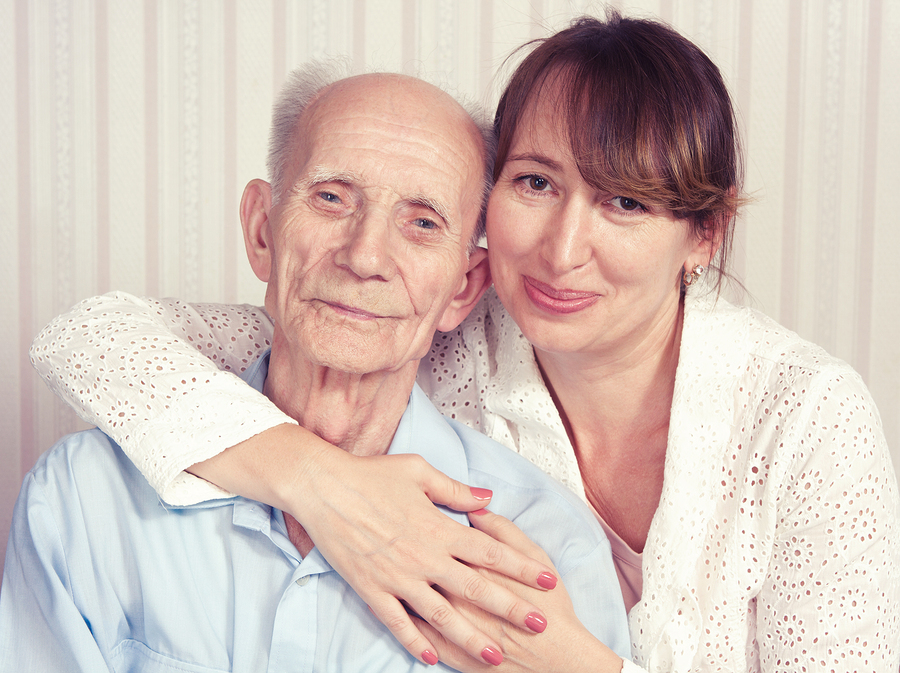In the age of the Internet, scams abound. These scams can be sent disguised as a plea from a family member, a friend asking for financial assistance, or even as a contest that needs a "tax fee" to receive winnings. According to a MetLife study of elder financial abuse, elderly victims of financial scams lost at least $2.9 billion in 2010. Some of these scams lead to identity theft, which comes with an added series of problems. mmLearn.org offers videos for family members and caregivers to help identify financial abuse of the elderly.
As the digital age evolves, scammers have developed new ways to mask their scams. Health scams have become increasingly difficult to identify. These scams can target anyone, but often seniors are the victims.
Fraud committed against senior citizens is so prevalent that the FBI has done research identifying why senior citizens have become targets. Seniors' health concerns and savings make them a health scammer's ideal target.
What are Health Scams?

Health scams can cause financial loss and injury.
According to the Food and Drug Administration, health scams "refer to products that claim to prevent, treat, or cure diseases or other health conditions, but are not proven safe and effective for those uses." As Dr. Robert W. Parker mentions in an mmLearn video on financial abuse, elderly citizens tend to be more emotionally vulnerable and trusting. Scams are designed to target them, as they may have large savings, and tend to delay reporting financial losses or injuries.
These scams are not just on the Internet. They can be found on television, radio, and even in magazines and newspapers. Infomercials have actors dress as doctors and list all of the benefits of a given drug. In reality, these drugs can affect those already prescribed by a real doctor and have adverse health effects.
Common Health Scams
Common health scams promote "miracle drugs." Oftentimes, these drugs claim to cure diseases currently incurable by modern medicine and science. Cancers, arthritis, and memory loss are among the ailments that miracle drugs claim to cure. Some miracle drugs even claim to "reverse" aging. The National Institute on Aging, lists other common health scams to look out for.
How to Identify a Scam

Health scams are often disguised as articles online.
Some health fraud scams are designed to look like articles. This makes them particularly persuasive. On the Internet, the content should say "sponsored by" if it is really an advertisement. In magazines, these advertisements are typically one page. Somewhere on the page it should indicate that it is a paid advertisement. Look in the corners of the page and see if you can find that it is sponsored content and not an article written by the magazine.
Additionally, there are key words and phrases these advertisements use. "No-risk, money back guarantee," "limited-supply left," and "free gift with your purchase," are all statements that should raise concerns. If a product has a suspicious looking payment scheme, like paying for a large supply up front, that is another red flag to look out for.
For more signs of financial abuse of the elderly this mmLearn caregiver video offers information on how to identify and eliminate various forms of elder abuse, from financial schemes to neglect.
Preventative Tips and Techniques

Protecting family members and patients from
health scams can be as simple as checking-in.
Err on the Side of Caution
Health scams often promote "miracle drugs." If it looks too good to be true, then it probably is. If your patient or family member talks about a new medication, show interest, but ask to see where they read about it. If the medication offers to provide a cure for something that there is no known cure for, then chances are it is a scam.
Hang-up the Phone
According to the FBI, telemarketers often target seniors, especially elderly women. Prepare your patient or family member in case someone calls and offers them a miracle drug. Have a statement ready for them to use should a telemarketer call. A simple and easy one to remember is, "Thank you. I'll consult my physician," and then practice hanging up. If the drug is real, the physician will know and discuss it further. If not, then time and money was saved by ending the call.
Research

Look into the validity of a medication's claims.
Do some research to see if there is information to back-up the medication's success. This means navigating away from the medication's testimonials. Find out if there are any other websites or organizations that have reviewed the "miracle drug." The National Institute on Aging offers a great list of contacts from the Federal Trade Commission to the National Cancer Institute. These contacts can help verify validity. When in doubt, contact them and ask if they have information on this new "miracle drug."
Doctor Knows Best
Visit a trusted physician and ask them if they have heard about the medication. If the medication is unknown to the physician, it may be beneficial to ask her to talk with the patient or family member to explain that there may be alternatives, but this particular medication is not an approved treatment.
Look for the FDA's Approval
The Food and Drug Administration approves medications and devices that are safe and effective. If the miracle drug is not approved, chances are it is either unsafe, nonexistent, or still in trials.

Check with a trusted physician and look for FDA approval
before purchasing or trying any medication.
Health scams take advantage of the vulnerability and trust of senior citizens. When your senior shows interest in a new medication or product, help them avoid scams by researching and consulting a professional to ensure their health and safety.
mmlearn.org offers a large library of free videos for caregivers of older adults, covering topics pertaining to senior care. Whether you are a healthcare professional or a family caregiver, if you are caring for an older adult we know that you will find mmlearn.org an essential learning and guidance tool for all of your caregiver training needs. Access our free online caregiver videos
